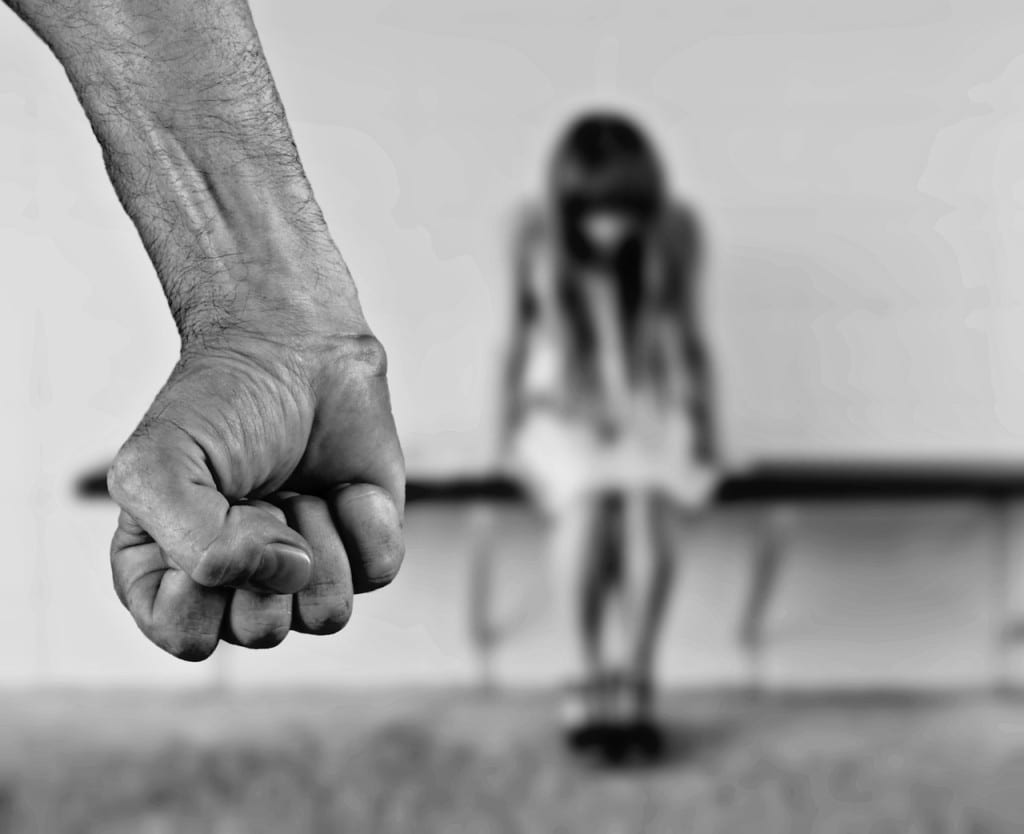
It has long been assumed that the emotional and mental health of a family will have a direct impact on its children. This supposition was supported by a revolutionary study conducted in 2014 by psychologists at Michigan State University, who claim that even unborn babies are affected by domestic abuse. But what do the effects of domestic violence look like when they manifest in the lives of children?
According to the Office of Children’s Ombudsman (OCO), the effects of domestic abuse on children is significant. Depending on the duration and severity of the abuse, the effects can be seen as emotional, and physical symptoms. It is also said to impact a child’s behavior and social interactions.
Unlike child abuse, which is very specific about who the victim is, domestic violence can refer to any form of violence or abuse in the home. Very often, domestic abuse refers to abuse of one spouse of partner by the other. The OCO has provided a breakdown on their website of the most common symptoms exhibited by children who are the victims of domestic violence. This can also include children who are not personally victims, but witness it happening in their homes, either to another sibling or to a parent.
Physical Symptoms:
Not including the signs and symptoms suffered by children who are the direct victims of abuse, children who witness violence against a loved one may complain of general aches and pains. This could include headaches, cramps and stomach aches. They may also suffer frequent illnesses, digestive issues, fatigue and general exhaustion, and bed wetting.
Emotional Symptoms:
Children tend to carry a lot of shame and guilt about abuse and domestic violence. They often believe they are in some way responsible for what has happened. As a result, they experience anxiety, fear, humiliation, shame, anger, loneliness and helplessness. They experience intense worry over the safety of their abused parent, or siblings, and themselves. Many children who are exposed to domestic violence can develop depression, anxiety, PTSD, and other mental health conditions.
Behavioral Symptoms:
Children who are exposed to domestic violence and abuse frequently exhibit behavioral problems. show signs of increased aggression. They also often have difficulty concentrating, and can struggle with sleeplessness and nightmares. Studies also show that these children are more prone to destructive behavior and lying. In some instances these behaviors can lead to legal difficulties, substance abuse, and poor academic performance.
Social Symptoms:
Children who have been exposed to domestic abuse may exhibit a distrust of adults. They may also choose to isolate themselves from others, which may stem from a fear of being vulnerable, or being “found out”. Later in life, they sometimes also use violence and power to abuse others, or engage in exploitative relationships in their adulthood.
We share this list with you because we want our readers to be aware of the fact that domestic violence is a real problem, and children often do suffer. However we also caution you not to jump to conclusions about these symptoms. A child with a bedwetting problem is not necessarily the victim of violence, just as a child who struggles with anxiety is not definitively a victim of abuse. Be aware, be alert, and be cautious. An unreported abusive situation can do a lot of damage. But so can a false allegation of abuse.
If you’ve been accused of any form of abuse, whether it’s child abuse or abuse of your spouse or partner, contact us immediately at 800-576-6035. Our skilled defense attorneys are available 24/7 to help you navigate this difficult time, and provide exceptional legal advice so that you are able to proceed with the peace of mind that you deserve
